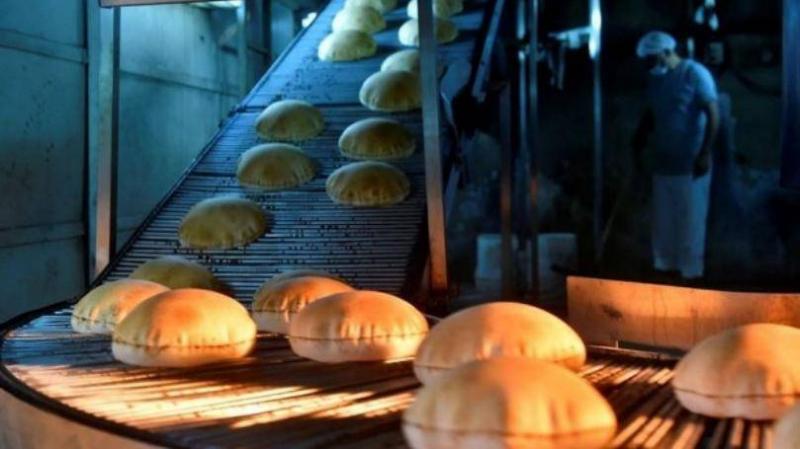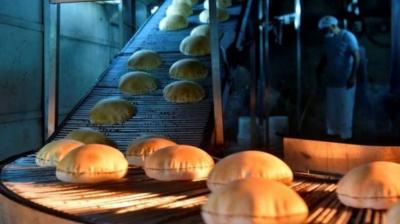Recently, reports have circulated warning Lebanese citizens about the poor quality of flour used in bakeries, particularly for producing Arabic bread. It has been reported that the flour is not fit for consumption, with some countries banning its use due to public health risks. Has the situation deteriorated to the point of affecting the last remnants of a Lebanese citizen's daily sustenance? What do the stakeholders have to say about this?
The head of the Lebanese Bakeries and Confectioneries Syndicate in Beirut and Mount Lebanon, Nasser Sarour, denied through the "Central" agency the validity of claims regarding flour that does not meet specifications. He confirmed that "no wheat enters the country without undergoing the appropriate laboratory tests, and if the results from the Ministry of Agriculture are positive, which is the final phase in the compliance process, a milling permit is granted. If the result is negative, entry is denied and it is sent back to its source. Additionally, imported flour is subjected to DNA testing to determine its suitability for use per specifications."
On another note, regarding the reduction of flour quantities distributed to bakeries by 10 to 15%, which has led to a return of bread queues as some bakeries suffer from a shortage of flour for production, Sarour pointed out that "the deduction percentages were made arbitrarily, affecting both those with shortages and those holding extra flour before the decision was issued." He emphasized that "the main problem the sector currently faces is the unfair distribution, where some bakeries possess flour quantities exceeding their rightful share, while others suffer from shortages, forcing them to close their doors for a day or more alongside an early halt to deliveries. This means that some bakeries have warehouses storing flour, allowing them to operate 24/7. Relevant authorities are addressing this issue, and we have requested the Ministry of Economy to involve the syndicate in monitoring the distribution process to play a key role in regulating it. Like the security agencies, the syndicate has data about the situation of bakeries in various regions and can identify reasons for their closure and storage cases."
He pointed out that "the warehouses of some bakeries that have been inspected raise questions and suspicions about the possibility of their owners cooperating with security agencies and even the Ministry of Economy to overlook stored quantities," stressing that "our main concern is not to squander public funds and make it exclusive to a specific party."
Sarour explained that "the syndicate has corresponded with the Ministry of Economy through two letters, informing agencies, which contain documented details about closed bakeries and those operating, and which ones are facing shortages, aimed at correcting the distribution imbalance. We hope this is done today. The Minister of Economy reassured that arrangements would be made for small and medium bakeries, while those with excess quantities would have their delivered amounts reduced."
He continued, "Our stance will be based on the schedule to be issued in a few hours. We have been in contact for a month with all parties responsible for the file, and if the schedule does not reflect fairness, we will change our tone and reveal all details about bakeries suffering from shortages and those possessing quantities of flour exceeding their right. We hope to avoid reaching this stage and prevent media disputes."
As for the adjustment of the official and customs dollar rate, what potential ramifications it might have for the price of a bundle of bread, with predictions suggesting that the flour price could rise tenfold, Sarour responded, "Confusion abounds the issue, as no circular has been issued by the Central Bank in this regard while the government is acting in a caretaker capacity," warning that "announcing a similar decision without a circular from the Central Bank opens the door to stockpiling goods intending to sell them at a higher price."
Regarding the fate of bread pricing, he clarified that "the value-added tax affects plastic bags and yeast, in addition to the price of diesel. It is also expected that the price of a ton of flour will reach at least 9 million Lebanese pounds, which means that the price of a bundle of bread could range between 25,000 and 30,000 pounds. However, matters remain vague because we do not know how the decision will be implemented in practice."




